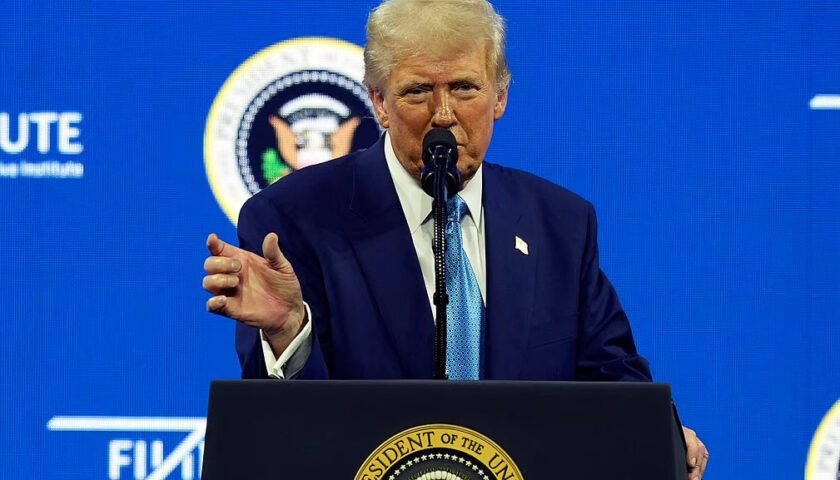Twitter, Google, Facebook could see tax bills rise under new rules. All the social media including Twitter, Google and Facebook appoint nodal officers to comply with the new information technology (IT) rules.
Modi government plans to bring companies that derive revenues from Indian users but pay taxes elsewhere into the corporate tax net, with this they could see their domestic tax bills jump from this year onward, said people with knowledge of the matter.
As many nations across the world has their plans in placed to tax digital companies that derive significant revenues from their citizens but pay taxes elsewhere, the Modi government has also laying the ground for India’s own digital tax.
Top digital companies do not have a presence or permanent establishment (PE) in India and hence don’t pay domestic taxes on their entire income. The Indian government introduced the equalisation levy—6% on advertising revenue and 2% on digital transactions—to capture the domestic income of these companies.
The social media giants were supposed to follow this norms but the global companies were functioning their operations in their own style. Now the companies have to pay tax on a ‘cost-plus basis,’ on about 8-10% of total revenue, similar to an outsourcing unit in India.
India has been pushing for a major change at Organisation for Economic Cooperation and Development (OECD) on methodology at determining taxability in every jurisdiction hoping to tap a larger share of tax from multinationals such as Google, Facebook, Amazon and Netflix.
There are companies generating billions of dollars in revenue from India but manage to pay abysmal amount in taxes. All we want is that these companies cough up what’s only India’s fair share . A source said, Google, Facebook made Rs 10,000 crore; paid Rs 200 crore as tax in India.
Google Tax’ or digital tax, is seen as an effective measure for taxing ecommerce companies that have a presence in India, but by billing their customers from offshore units, escape the purview of the country’s tax regime. Details of the levy were part of the Finance Bill, proposed along with the Union Budget 2021. The Finance Bill, 2021, which proposes several amendments to the country’s taxation regime, contains clarifications about the 2% equalisation levy.
The tax department could argue that appointing a nodal or compliance officer in India under the new rules implies the company has a permanent establishment in India, experts said. And that they should therefore pay the appropriate taxes—at least 25% but possibly as much as 42%–on the entire income generated in the country.
“The government has specifically denied this request. Our client was told that the nodal officer has to be part of the US entity or a separate entity, and neither can this function be outsourced nor can they hire anyone on a temporary or consulting basis.
Tax experts said this requirement would lead to the companies having a permanent establishment in India. Appointment of a nodal officer could create a permanent establishment for these digital giants in India and have a huge tax impact from paying 6% equalisation levy to paying about a higher tax on entire income.





